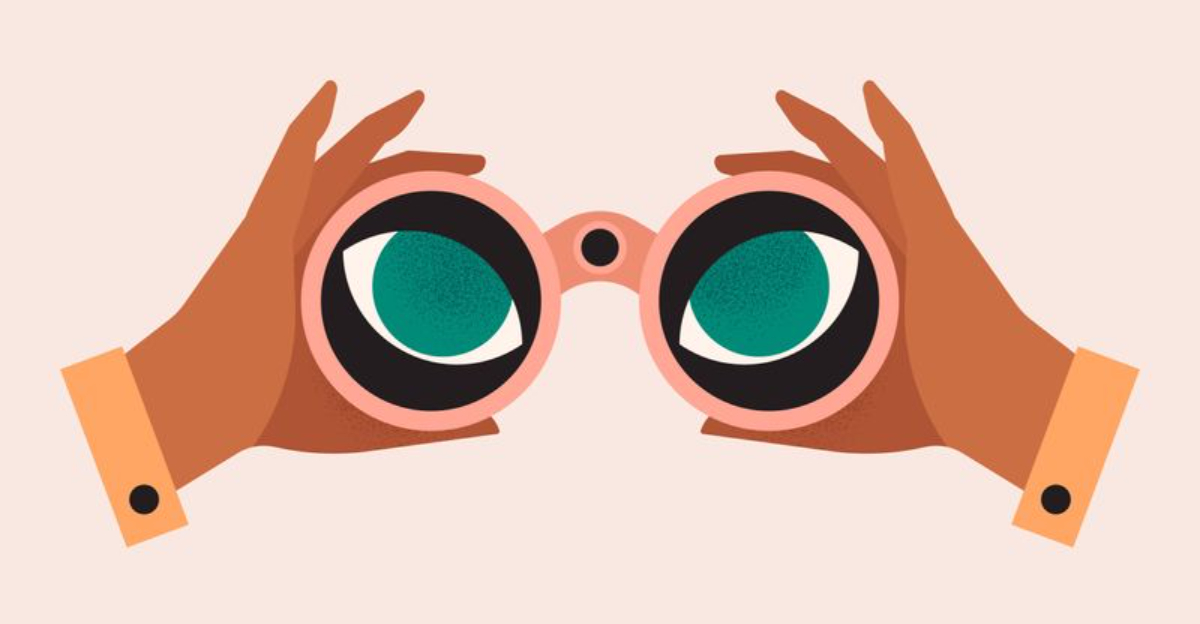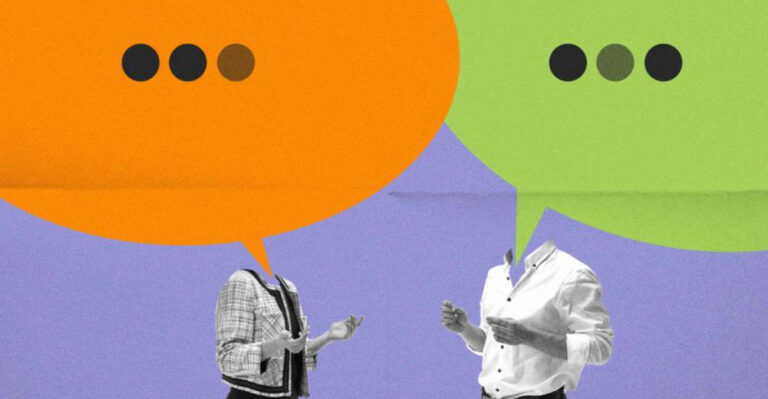16 Signs Of An Unintelligent Person According To Science
Nobody ever wants to be called unintelligent. But here’s the truth: we’ve all had days when we acted clueless, stubborn, or just plain out of our depth. It’s uncomfortable, right?
Science doesn’t point fingers, but it does offer us some real talk about habits that can drag us down or make us harder to connect with. Think of this as a chance to check in on yourself—not a judgment, just an honest inventory.
These aren’t about IQ points or test scores. They’re about how we show up in the world, what we avoid, and the ways we might get stuck without even noticing.
Ready for a reality check that’s more friend than scold? Let’s get into it—16 real, science-backed signs that someone might be stuck in a rut mentally. See which ones feel familiar, or maybe even a little too close to home.
1. Closed-Mindedness

Ever tried having a conversation with someone who shuts you down at the first sign of disagreement? That’s closed-mindedness in action—walls thicker than your grandma’s lasagna. It’s not just stubbornness; it’s a refusal to even peek at other ways of thinking.
Some people call it protecting their beliefs. But what it really does is lock the door and throw away the key. New ideas? Not welcome. Growth? Out of the question. It’s the kind of attitude that stops you from ever learning something new, even by accident.
Did you know research links closed-mindedness to slower problem-solving and less creativity? It doesn’t mean you have to agree with everyone. But refusing to even listen? That’s a red flag science can’t ignore.
2. Poor Listening Skills

You know the type—they ask you how you’re doing, but their eyes glaze over the second you start talking. It’s not just rude; it leaves you feeling invisible, like you’re talking to a wall. Poor listening is more than missing words; it’s missing what matters.
People who struggle to listen rarely connect deeply. Conversations turn into monologues or awkward silences. And when nobody’s really listening, misunderstandings pile up fast.
Science says this isn’t just a social faux pas. Chronic poor listeners have trouble learning, adapting, and building relationships. And here’s the punchline: most people who don’t listen well don’t even realize it. Ouch.
3. Difficulty Understanding Abstract Concepts

Ever watch someone’s eyes glaze over during a conversation that gets a little deep? Maybe you reached for a metaphor or discussed big ideas, and suddenly, they checked out. Abstract thinking isn’t everyone’s strong suit—but when it’s always a struggle, you notice.
Science says this is more than just not liking philosophy class. It’s about being stuck in the literal, missing the forest because you’re busy counting the trees. People with trouble here may avoid new challenges or creative problem-solving.
Real talk: nobody expects you to solve quantum mechanics in your head. But if “what if” questions make you panic, it might be a sign your brain’s stuck on basic mode.
4. Lack of Curiosity
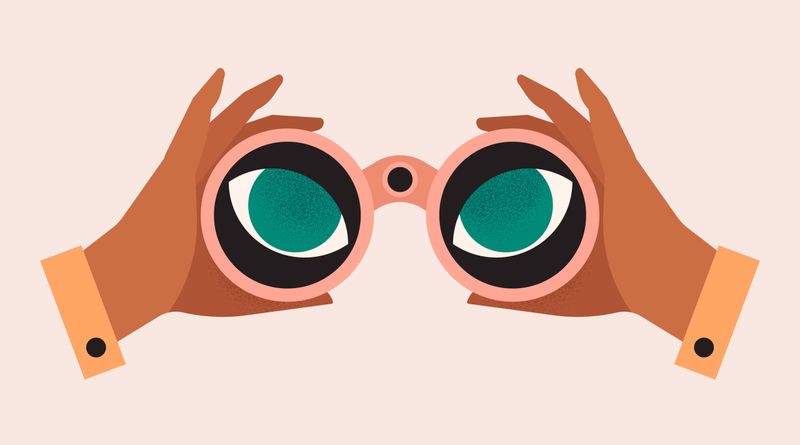
Remember when you were five and every rock was fascinating? Somewhere along the line, some people lose that spark. Lack of curiosity isn’t just being bored—it’s choosing not to wonder.
You see it when someone shrugs off anything new: different foods, movies, ideas. Nothing piques their interest except what’s already familiar. The world gets smaller, the questions dry up, and learning stalls completely.
Studies link curiosity with intelligence and life satisfaction. So when curiosity flatlines, growth does too. The saddest part? They don’t even realize what they’re missing out on.
5. Poor Problem-Solving Skills

Ever watch someone almost break a sweat over a simple fix? The broken toaster becomes a crisis, not a challenge. Poor problem-solving isn’t just about tools; it’s about refusing to break problems down or try new angles.
People who struggle here often get overwhelmed fast. They leap to blame, panic, or just give up. It’s not laziness—sometimes, it’s never learning how to think your way through a snag.
Research says strong problem solvers see patterns and try, fail, and tweak. The ones who can’t? They keep repeating the same mistake, expecting someone else to bail them out.
6. Difficulty Adapting to Change
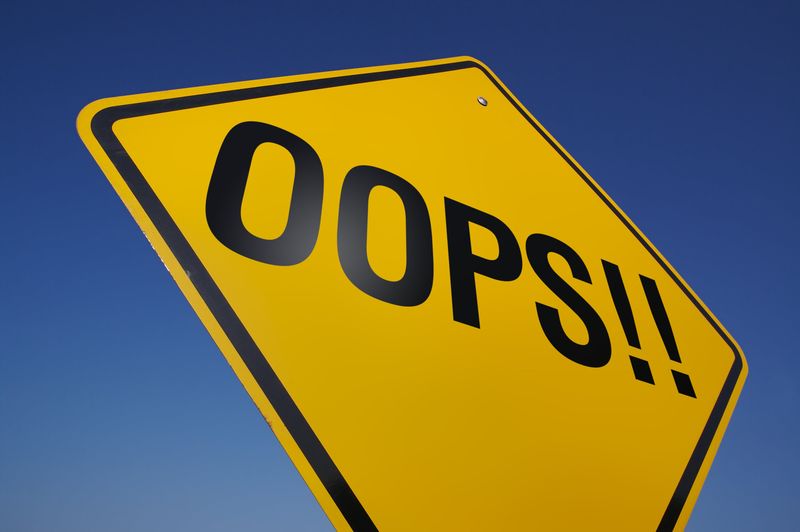
When life shifts, some people dig in their heels until they’re dragging anchor. Adapting to change isn’t just a personality quirk—it’s a survival skill. If every curveball feels like a personal attack, you might be stuck.
Science links adaptability to intelligence, because learning means adjusting. People who resist change cling to old routines, even when they’re falling apart. They’d rather complain than try.
In workplaces, these are the folks who mourn every new software update. At home, even a different dinner can cause drama. Staying flexible isn’t easy, but refusing to grow leaves you behind.
7. Impulsivity

Some people chase every urge like it’s a fire alarm. Impulsivity isn’t just a wild night out—it’s a pattern of acting before thinking, no matter the fallout.
You see it when someone blurts without filter or spends money they don’t have. They might call it fun, but science says too much impulsivity is a sign your brain’s brakes aren’t working.
The Dunning-Kruger effect shines here: people with less self-awareness overestimate their skills. If you’re always cleaning up after your own choices, maybe it’s not just bad luck.
8. Overconfidence
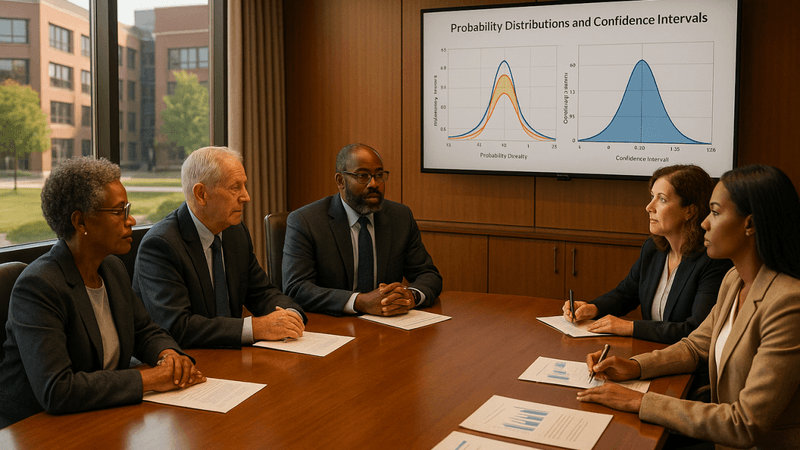
Ever met someone so sure of themselves, even when they’re flat-out wrong? That’s overconfidence: when belief in your own brilliance outpaces reality by a mile.
It feels bold at first, but quickly turns awkward. They bulldoze through conversations, ignore feedback, and rarely double-check facts. The Dunning-Kruger effect proves that the less someone knows, the more certain they seem.
Overconfidence doesn’t just annoy friends; it can sabotage jobs, relationships, and self-growth. The hardest part? These folks are often the last to realize they’re wrong.
9. Poor Emotional Regulation

Some emotions hit like a truck, but most of us learn to steer. Poor emotional regulation is when feelings drive the bus, and you’re just along for the ride.
Maybe it’s snapping at small stuff or melting down when things get tough. Science links emotional intelligence to overall smarts, so when emotions run wild, logic takes a back seat.
Instead of working through hard feelings, these folks might lash out or withdraw. Life turns into a series of avoidable blow-ups and regrets. It’s exhausting, for them and everyone else around.
10. Lack of Self-Awareness

Imagine living in a house with no mirrors—always guessing at the food on your face. Lack of self-awareness is like that: stumbling through mistakes, never really knowing what’s going on inside.
People who can’t see their own strengths and flaws have trouble growing. Feedback bounces off. Even compliments get brushed aside.
Science says self-awareness isn’t a bonus—it’s a foundation. Without it, every lesson goes unlearned, every relationship feels off. If you can’t look inward, you stay lost.
11. Inability to Learn from Mistakes
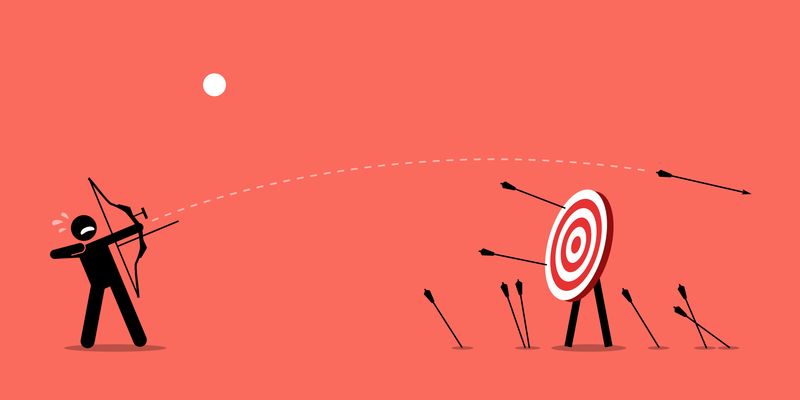
Mistake once? Human. Mistake twice? Still human. But never learning from it? That’s a whole different story. This isn’t about being stubborn; it’s about refusing to reflect.
Every error becomes a rerun. The lesson never lands, and the cycle keeps spinning. Science links growth to pattern recognition—spot the mistake, fix it, move on.
Some people never see the pattern. They blame luck, others, or fate. But growth starts with a pause and a hard look at what went sideways.
12. Difficulty Understanding Different Perspectives

Empathy isn’t just for poets; it’s for anyone wanting real relationships. When someone can’t see past their own nose, conversations get shallow fast.
Difficulty with perspective isn’t about agreeing—it’s about understanding. Science shows people with lower intelligence miss the nuances in others’ stories, making every discussion a road-block.
It’s lonely, honestly. If you can’t walk a mile in someone else’s shoes, you might miss the whole point of the journey.
13. Poor Decision-Making Skills

Some choices matter more than others, but some people treat them all like a coin toss. Poor decision-making is about skipping the hard work—no research, no weighing options, just pure impulse or avoidance.
Science links smart choices to cognitive effort: looking at details, asking questions, and caring about outcomes. People who skip that? They wind up in the same mess, over and over.
It’s not about perfection. It’s about caring enough to pause before you leap. Bad decisions are exhausting—and totally preventable if you’re paying attention.
14. Limited Vocabulary and Poor Communication Skills

Words are bridges, not walls. But when your vocabulary’s stuck in neutral, that bridge gets wobbly. People with limited language struggle to connect, persuade, or even just share a feeling.
It’s not just about big words—it’s about being able to say what you mean, when you mean it. Science links strong language skills to higher intelligence and better life outcomes.
If every conversation feels like a test you didn’t study for, it’s tough to build confidence or make real friends. The world feels smaller, and so do you.
15. Being Resistant to Change

Change is scary, but refusing to try is scarier. Resistance isn’t just reluctance—it’s digging your heels in until you’re knee-deep in the mud of old habits.
People who resist change miss chances to grow, connect, or even just have fun. Science links this mindset to lower openness and less adaptability over time.
If you always say no first, you might never get to yes. Sometimes, the only way forward is letting go of the familiar, even if it’s just for a minute.
16. Avoidance of Mental Challenges

Some people treat mental work like spinach—good for you, but always pushed to the side. Avoiding mental challenges isn’t about being lazy; it’s about fearing failure or frustration.
The brain’s a muscle, so if you don’t use it, you lose it. Science shows people who avoid puzzles, arguments, or learning new skills tend to stagnate.
If you always pick easy over interesting, life gets pretty bland. There’s no shame in struggling, but there’s a lot to miss by never trying at all.

